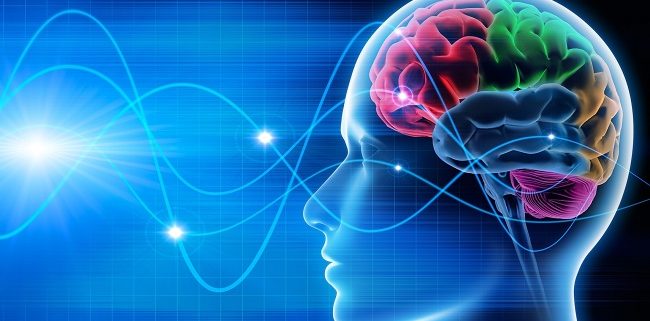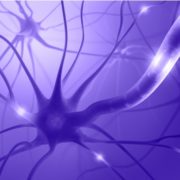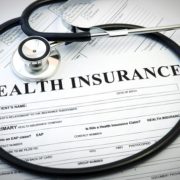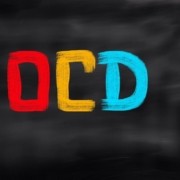Transcranial Magnetic Stimulation Providers
Locating the Best Transcranial Magnetic Stimulation Providers
Anew Era TMS & Psychiatry is Your Resource
Your search for an effective treatment for your persistent state of depression has introduced you to the alternative therapy called transcranial magnetic stimulation (TMS). After the frustrating—and unsuccessful—experience of trying one antidepressant after another, TMS sounds like a treatment to consider. Before exploring TMS services for the best local transcranial magnetic stimulation providers, it is good to have a basic understanding of what TMS is all about.
What is TMS Therapy?
TMS therapy is a brain stimulation technique that evolved out of a more invasive technique called electroshock therapy (ECT), which has been in use since the 1930s. TMS uses the idea of manipulating brain neurons with low-level electrical currents, but without the general anesthesia or the more serious adverse effects that plagues ECT. On the contrary, TMS has been found to be both safe and effective in treating individuals struggling with major depressive disorder (MDD) who were not helped by antidepressants.
With TMS, magnetic fields are produced by technology similar to an MRI machine, and are delivered through a electromagnetic coil that is placed over the patient’s scalp. While the patient is seated in a comfortable recliner, fully alert, transcranial magnetic stimulation providers target the limbic system in the prefrontal cortex of the brain with repetitive magnetic pulses. The limbic system is where mood is regulated, among other executive functions. It has been found that the neural cells in a depressed patient are either sluggish or dormant, so the TMS therapy helps to jump-start these brain cells and reestablish balance in brain chemistry.
What are the Benefits of TMS vs. Traditional Antidepressant Therapy?
While antidepressants are the go-to treatment protocol for patients battling depression, it is not necessarily effective. In fact, several studies in recent years have produced less than stellar results for the efficacy of these drugs in the treatment of depression. A 2015 article published in World Psychiatry takes to task the lack of accurate measurement of actual patient response to antidepressants:
“The effectiveness of modern antidepressants was not only questioned by placebo-controlled clinical trials, but also by trials based on a clinical practice model that did not include placebo. An experiment about antidepressant effectiveness started by J. Rush in Texas became a large scale national effort, supported by the U.S. National Institute of Mental Health, known as the Sequenced Treatment Alternatives to Relieve Depression (STAR*D) project (9). This project showed that antidepressants such as citalopram led to a therapeutic response in only about 4 out of 10 depressed outpatients.”
In addition to the evidence that antidepressants may only help roughly 40% of patients with MDD, but the side effects produced by the drugs can be difficult for patients to tolerate, often leading them to abandon the trial altogether. These adverse effects can include fatigue, concentration problems, sexual problems, weight gain, sleep disturbances, and chronic nausea, among others.
Transcranial magnetic stimulation providers are able to deliver results without saddling patients without the multiple side effects of antidepressants. In fact, TMS has been shown to be safe and well tolerated among patients. The few TMS side effects reported are found to be transient, often disappearing on their own as treatments proceed, and included scalp tenderness and mild to moderate headaches.
What is the Evidence that TMS Works for Depression?
A significant reason that interest in TMS among both medical practitioners and lay people is ramping up is due to the consistent study results that demonstrated TMS to be both safe and effective in treating medication-resistant depression. One such study followed 307 patients with MDD who participated in a multi-site trial over a 52-week period. The results showed that of the 257 patients who completed the whole study period, 68% improved with TMS and 45% had reached full remission at the one-year point.
Anew Era TMS & Psychiatry Leading Transcranial Magnetic Stimulation Providers
Anew Era TMS & Psychiatry offers expert TMS therapy for patients who have been found to be treatment-resistant with antidepressants. Anew Era TMS & Psychiatry provides patients with comfortable offices located in Southern California, and dedicated TMS doctors and technicians who are experiences treating depression with Magstim TMS technology. For more information contact Anew Era TMS & Psychiatry at (888) 503-1549.











